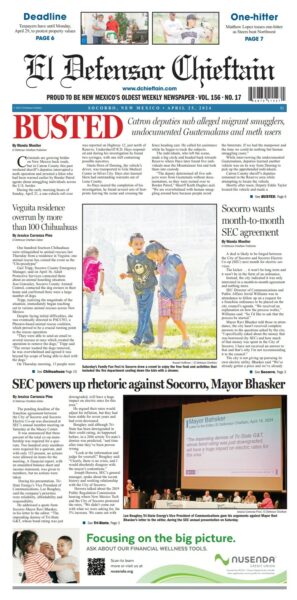
There are a dizzying number of reality TV shows to choose from. There are dating competitions galore, each with a more and more incredulous premise. Talent shows have been a reality TV staple for decades. Then there is the “people doing cool jobs” genre, where I can learn about the dramas of cake baking, aquarium making or kitchen management.
Some of the strangest reality TV shows have to be the dating competitions. I’m not talking staples of the genre, like The Bachelor with its rose selection process or Love Island, with its mic-d up bikini clad contestants. Although, there’s plenty of weird to be found in those episodes. I mean the really strange shows like 2014’s single season fever dream I Wanna Marry Harry. The show convinced 12 American women they were vying for the affections of Prince Harry, when in reality they were competing for the love of a fake Prince Harry, a random red haired British man.
There were elaborate schemes and carefully placed lies to convince the women that the fake Harry, one Matthew Hicks, was the real Harry. He arrived on set via helicopter, and was shadowed by a security detail. He kept dropping hints about his supposed royal relatives.
The show’s stated concept was a test of the women’s character: would they fall in love with Hicks for his personality or his faux title? Once they learned the title was a fake, would they still be in love? What I find fascinating here is the show undermines its own stated conceit: it was utterly impossible for the women to fall in love with the real Matthew Hicks. The entire show he had to lie about his profession, his family, his socioeconomic status, his lifestyle and his hobbies. He was so focused on maintaining the big lie, the women couldn’t exactly get to know him, much less the real him.
The real moral failing wasn’t the contestants’ fascination (encouraged heavily by the show) with fake Harry’s fake title, it was the producers and the fake Harry gas lighting a bunch of women to believe he was royalty.
Reality TV shows about dating and marriage so often come with moral judgements about what love should like and how it should work baked into their premises. Married at First Sight, where couples marry someone the show picked out for them without ever meeting before hand, and 90 Day Fiancé, a show that follows couples who have applied for a K-1 visa, both come loaded with drama and all kinds of judgements about what a relationship should look like, who should be doing what in a relationship and what a marriage should be for. You can learn a lot about our collective cultural values by thinking about what these shows frame as heroic, loving or villainous.
The latest in bizarre dating competitions is Netflix’s Sexy Beasts, a dating competition that is actually a rehash of a British series by the same name (funnily enough, also a single season series in 2014). Contestants dress as animals, or sometimes non-animals, on their search for love. There’s a devil costume with an unfortunate chin and a zombie for some reason. The person, or beaver, looking for love goes on dates with three different costume clad people, and chooses one to go on more dates with.
Although this show is much lower stakes than I Wanna Marry Harry and doesn’t try to trick anyone, the stated premise is also self-defeating. The show seems to be aware of this, with a sarcastic narrator pointing out the contradictions. The participants ostensibly want to find love without being too focused on looks, but of course they can still see each other’s bodies and I’m suspicious that contestants with uglier costumes do actually fare worse. Zombie girl was not selected for a second date.





















